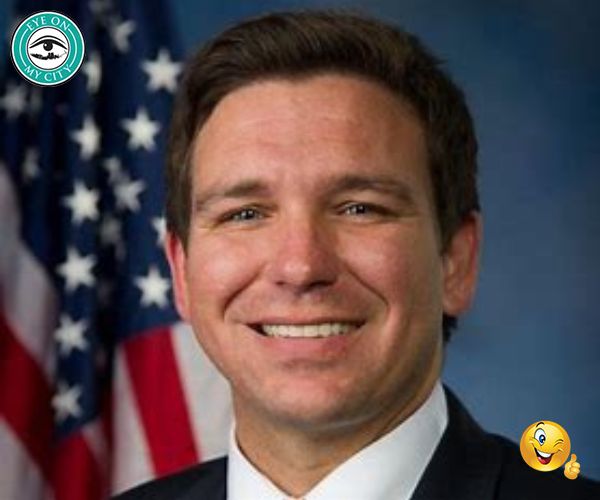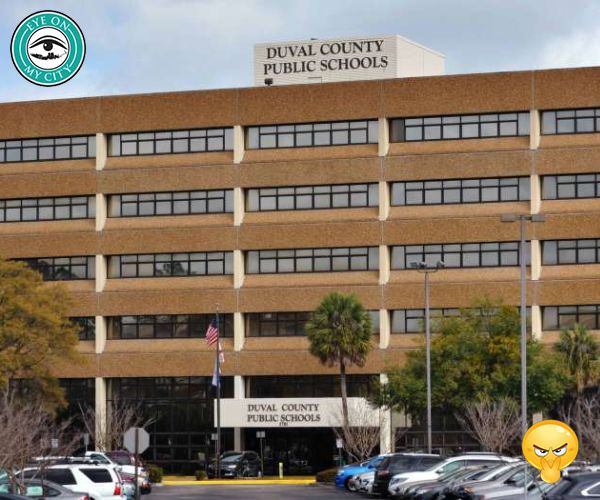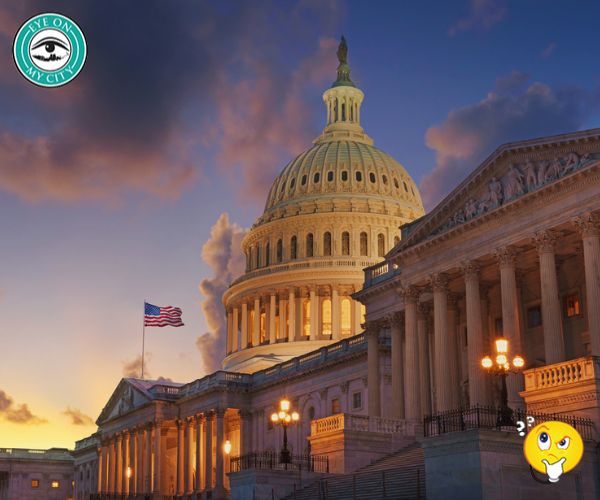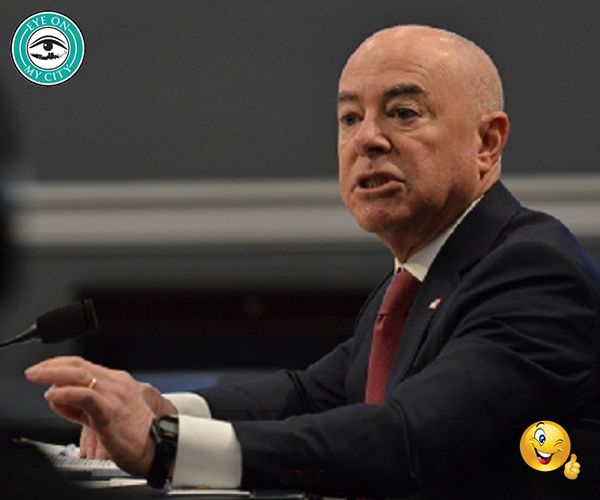On Friday, US News & World Report ran a story headlined, “US Court Upholds Texas Law Mandating Age Verification for Online Porn.” It’s an even bigger and better story than the headline suggested.
Last year, Texas passed a great law requiring porn website operators to really verify users’ ages, using a government-issued ID, a photo, or other available information that could verify the user’s age. Porn providers were horrified — mostly, I think, because they fear their users want to stay anonymous — and so they sued Texas in federal court.
That lawsuit produced bad news for common sense. The providers successfully argued the age verification requirement violated their First Amendment rights of free speech. The federal trial judge granted their request for a preliminary injunction stopping the Texas law from taking effect.
Then, about a month ago, Texas filed an emergency appeal to the Fifth Circuit, trying to undo the trial judge’s injunction against the law.
On Friday, the Fifth Circuit Court of Appeals ruled in favor of the Lone Star State’s outstanding attorney general Ken Paxton and the new law, at least for the most important part of the case: the requirement that providers like PornHub verify users’ ages and keep kids from accessing obscene materials.
The Fifth Circuit disagreed with the lower court. Applying the lowest standard of review, called rational basis, the appellate court ruled that Texas’s interest in protecting its children from accessing harmful material was rational. And in possibly better news for the future, the three-judge panel went further, citing long-standing law for the general principle that the government has a rational interest in controlling certain kinds of materials for kids — in general. The opinion explained:
The decision in Erznoznik v. City of Jacksonville, 422 U.S. 205 (1975), reaffirmed a robust reading of Ginsberg’s principle: “It is well settled that a State or municipality can adopt more stringent controls on communicative materials available to youths than on those available to adults.” Id. Ginsberg’s central holding—that regulation of the distribution to minors of speech obscene for minors is subject only to rational-basis review— is good law and binds this court today.
It’s possible the porn producers will appeal, they have a couple options. They could ask the full Fifth Circuit to review the decision, but are unlikely to get a different result. Or they could appeal to the U.S. Supreme Court, which also seems doubtful. Regardless, the injunction has been vacated, and PornHub’s options to get it back are vanishingly small.
The decision was great news for Texans and their kids, but more than that, the decision’s careful wording creates two even more interesting possibilities.
First, the Texas law is a blueprint for other states to follow. In the Fifth Circuit’s view, the law satisfied the First Amendment. The judges also explained they were satisfied about potential user privacy issues, because the law bars website operators from keeping any user information (like IDs) and sets a $10,000 fine per violation.
So other states can now pass their own versions of Texas’s law. If enough states join Texas, we could actually see wide-scale progress in pushing back the worst effects of online pornography. If a different circuit goes the other way, then it will go to the Supreme Court.
But second, Friday’s decision also delivered fresh ammunition to parents working to scrape obscene books and pornographic materials out of schools. If the state has a rational, constitutional interest in controlling minors’ access to obscene materials on the Internet, how much more obviously rational is the state’s interest in protecting kids the very same way in the school library?
Historically, states (including Florida) have been overly delicate about regulating obscene school books, fearing First Amendment challenges. But this Fifth Circuit decision could fuel a renaissance in understanding that adults and children are treated differently under the First Amendment. Kids don’t enjoy the same scope of free speech, as do adults.
Finally, the court did agree with one of the providers’ arguments. It struck down a second part of Texas’ law that would have required providers to publish a ‘health warning’ on every web page. The court unsurprisingly found that part — aimed at adults — was unconstitutional ‘compelled speech,’ rejecting Texas’ argument that the warnings on porn websites were like warning labels on cigarettes.
Either way, Friday’s pro-common-sense decision was great news. PornHub will now have to decide whether to implement age verification just for Texas or go ahead and require it across the board.










